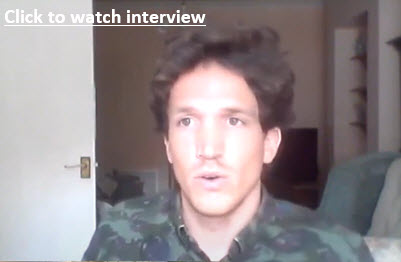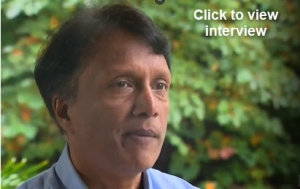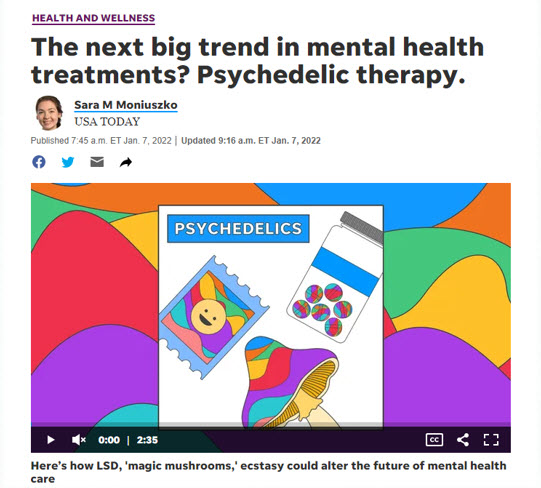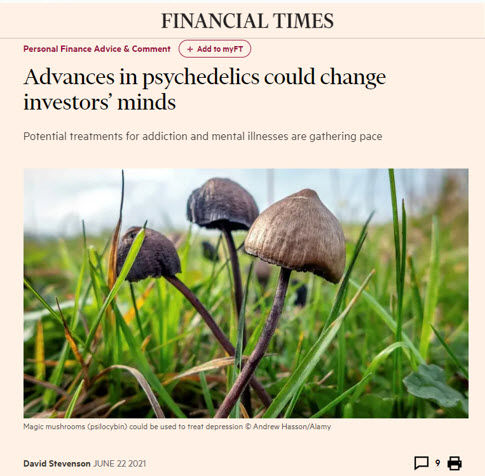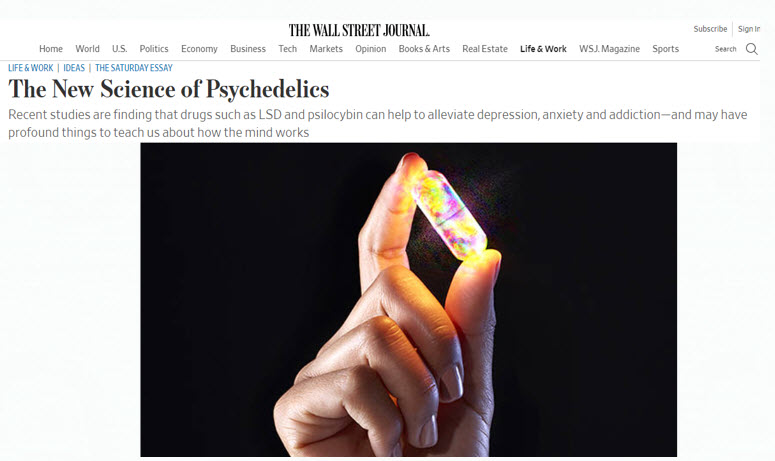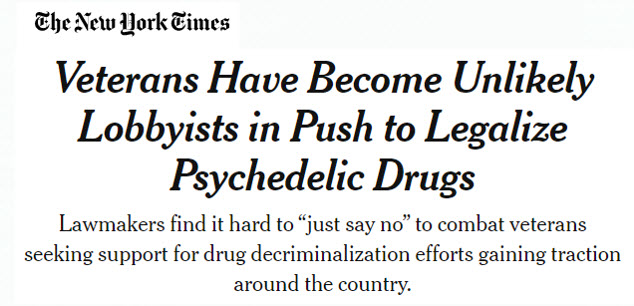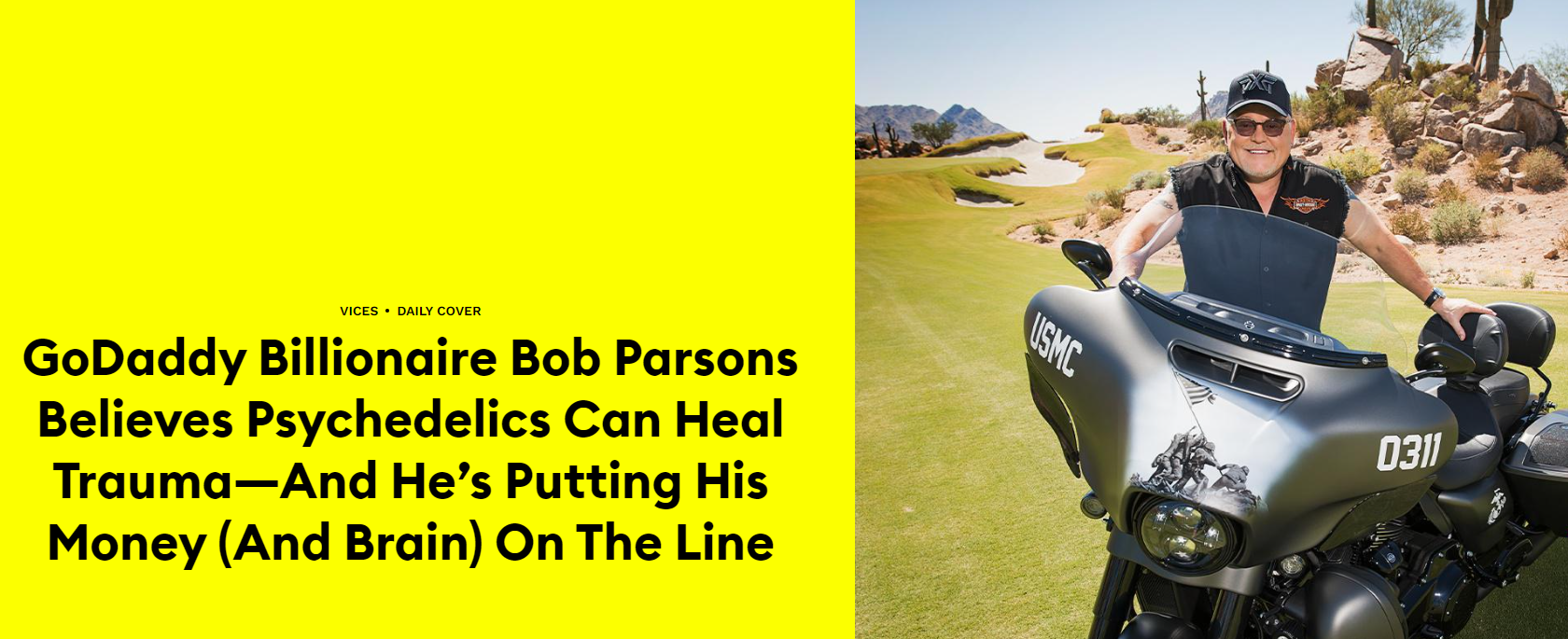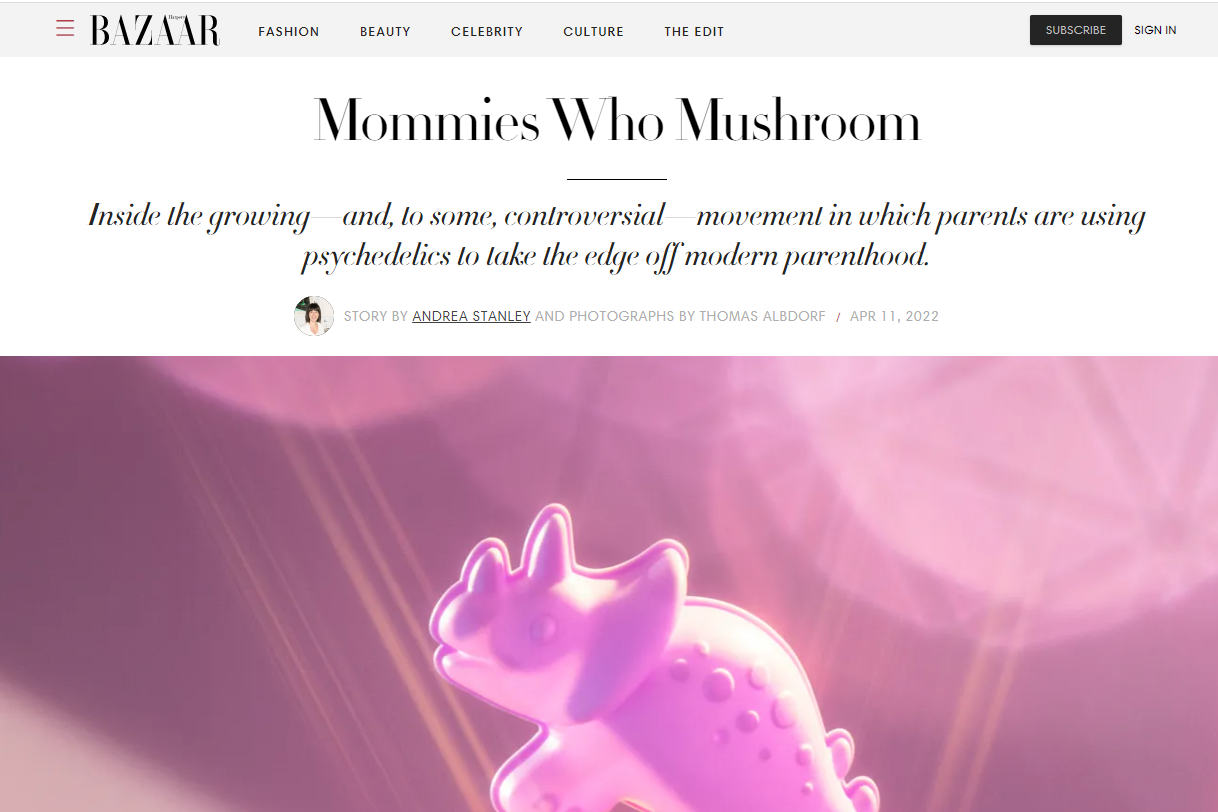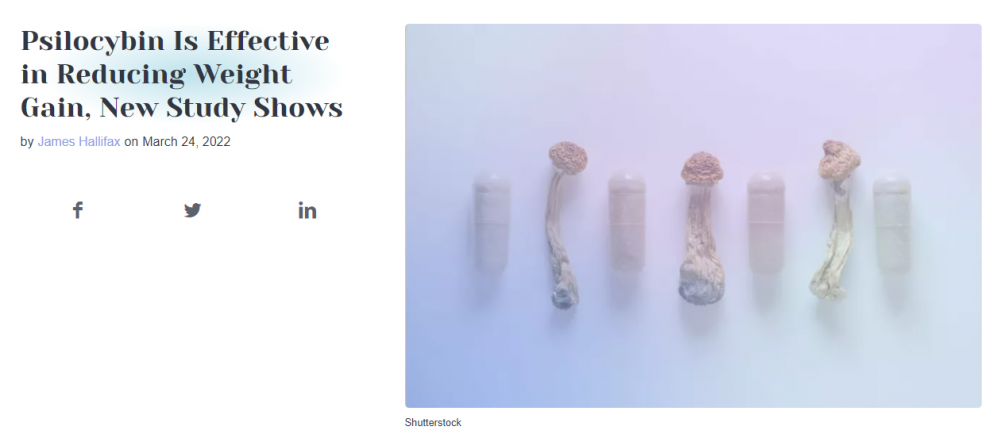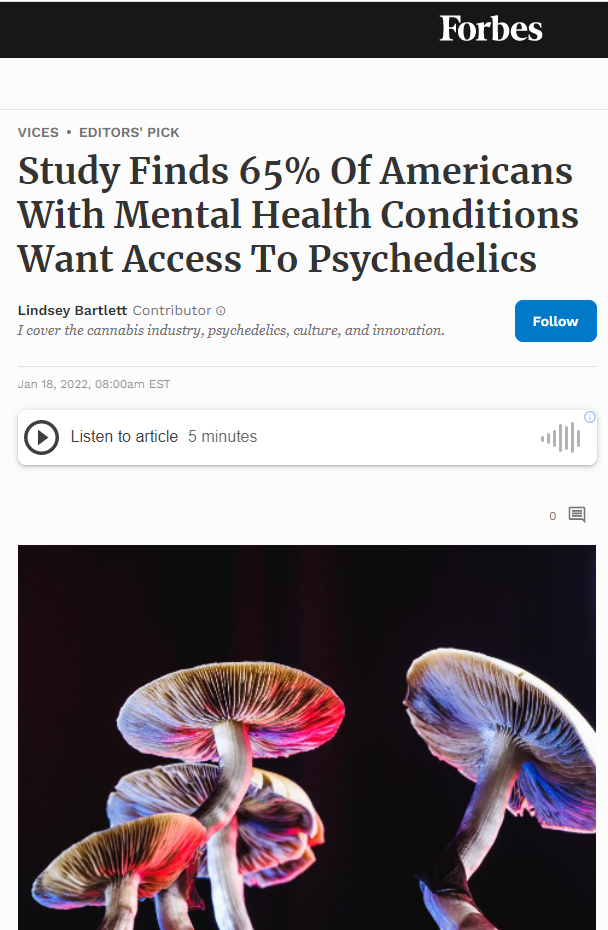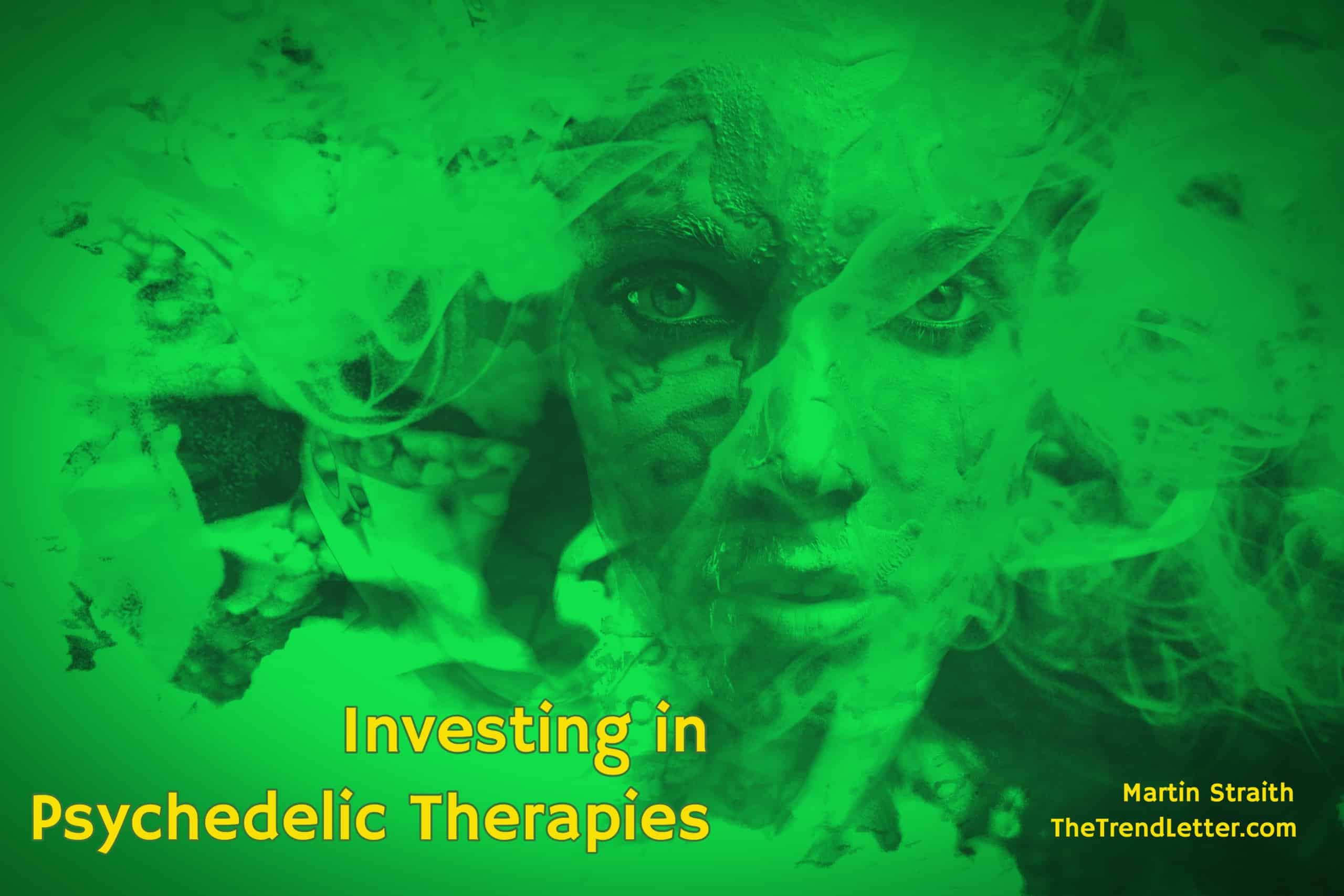
For many years psychedelics have had a cult-like following, and today when most hear the term psychedelics they think back to the 60’s with images of the Vietnam war protests, the hippies generation and of course Dr Timothy Leary.
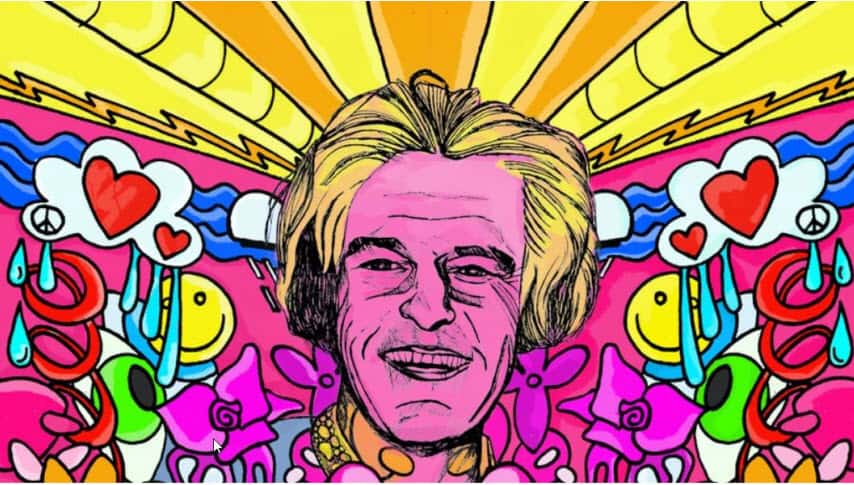
But back in the 1950’s and 60’s Psilocybin (‘Magic mushrooms’) and LSD were widely studied as treatments for alcoholism and mental illness issues. Dutch professor Jan Bastiaans started treating the trauma of Holocaust survivors with LSD back then. For these victims, traumatizing experiences, like torture by the SS, were suppressed in their memories. Many patients who had been to camps like Auschwitz didn’t have any faith in their therapists, who hadn’t been there and couldn’t know what it really had been like.
But due to recreational use, the whole counter-culture, war protests etc., the Nixon administration’s ‘War on Drugs’ labeled all psychedelics Schedule 1, defined as ‘with no currently accepted medical use and a high potential for abuse.’ Once those drugs become illegal, funding for clinical studies dried up, putting a halt to most of this research
Given the rapidly increasing rates of drug addiction and mental illness, mainstream science is just now turning to the murky world of psychedelics to determine if there are identifiable, quantifiable benefits. This research is spawning new developments in several institutions as they begin to delve into these substances in a serious way, which may lead to investment opportunities for the well informed investor. In recent years, large, respectable institutions such as UBC, Harvard, U of TO, NYU and many others have been conducting studies into the potential medical benefits of psychedelics
Johns Hopkins University has launched detailed studies into the potential therapeutic benefits of psychedelics for a vast range of issues, from depression to drug addiction and acceptance of mortality.
In a recent study of adults with major depression, Johns Hopkins Medicine researchers report that two doses of the psychedelic substance psilocybin, given with supportive psychotherapy, produced rapid and large reductions in depressive symptoms, with most participants showing improvement and half of study participants achieving remission.
‘The magnitude of the effect we saw was about four times larger than what clinical trials have shown for traditional antidepressants on the market,’ says Alan Davis, Ph.D., adjunct assistant professor of psychiatry and behavioral sciences at the Johns Hopkins University School of Medicine.
Sample of other completed studies:
‘The apparent lack of adverse effects is reassuring and consistent with what we know about these compounds more generally – that when administered in a responsible manner, to suitable and prepared individuals, they are almost invariably well-tolerated,’ according to a research commentary on 5-MeO-DMT (called ‘God Molecule) published in 2019 in The American Journal of Drug and Alcohol Abuse.
In an evaluation of the safety and abuse research on ‘magic mushrooms’, Johns Hopkins researchers suggest that if it clears phase III clinical trials, psilocybin should be re-categorized from a schedule I drug—one with no known medical potential—to a schedule IV drug such as prescription sleep aids, but with tighter control. John Hopkins University Press Release
Sample of current studies:
BC Centre on Substance Use (UBC) – Psychiatrists in Vancouver & 16 other locations in North America & Israel will soon begin a phase III clinical trial of MDMA, a hallucinogenic drug commonly known as ‘ecstasy’, for patients suffering from post-traumatic stress disorder (PTSD).
John Hopkins University – groundbreaking studies in more than 60 peer-reviewed psychedelic articles in respected scientific journals. John Hopkins is considered the leading psychedelic research institution in the US and possibly the world.
University of Basel – LSD as treatment for cluster headaches
LSD therapy for major depression
LSD treatment for anxiety
Effects of MDMA (ecstasy) on fear extinction
Imperial College, London – Psilocybin treatment for major depression
University of Zurich – Effects of psilocybin on alcohol addicted patients
21 universities in Europe – Psilocybin treatment for resistant depression
How do Psychedelics help with Mental Health?
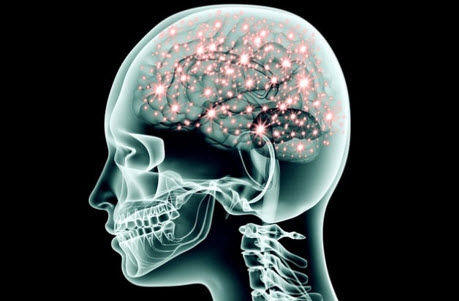
Psychedelics like Psilocybin and LSD excites the brain’s overall activity, rather than reducing it like some drugs like many anti-depressants. Specifically, it makes the brain ‘hyperconnected,’ allowing regions to better communicate with each other, often resulting in a happy, meaningful experience.
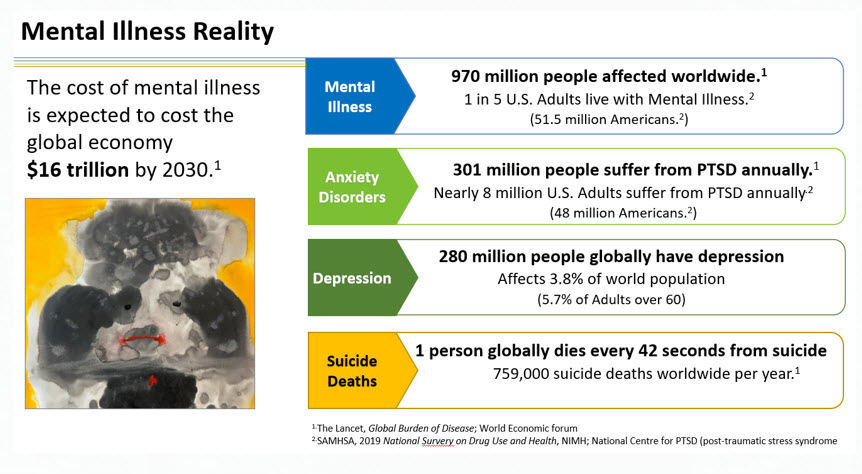
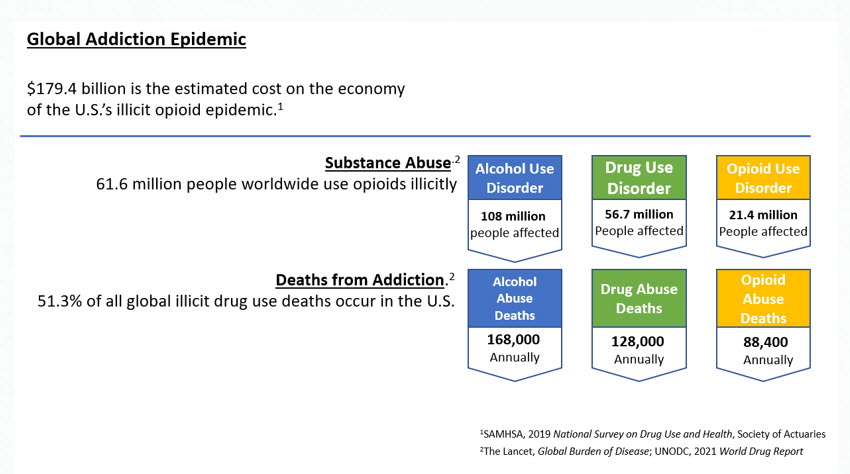
Why invest in Psychedelics?
- The global need for effective mental & physical health treatments
- Evolving legislation and regulation:
– Jamaica…Psilocybin mushrooms are legal in Jamaica where there are a number of Psychedelic Retreats
– In the US, Oregon has legalized psilocybin mushrooms, while many cities have ‘decriminalized’ the use of psychedelics
– Canada has permitted psilocybin & ketamine for therapeutic use in limited cases
– Brazil allows some forms of Psychedelic Fungi to be used - Growing supportive public opinion:
– A Nanos Research Survey shows 82% of Canadians approve the use of psilocybin-assisted therapy for people suffering from an end-of-life illness
Testimonials
Guy Murray, ex-soldier a British army veteran who served in the Afghanistan war.
Murray served in the UK military for 5 years, leaving in 2014. He is currently enrolled as an undergraduate student at the University of Roehampton, studying a BSc in Psychology and Counselling. After witnessing the loss of a very close friend being shot in the face during active service, Guy developed PTSD. Since leaving the military, his experiences with different plant medicines highlighted the root causes of his trauma and how he was maintaining it through his behaviour and thought patterns. Having been healed of his own PTSD, Guy says ‘psychedelics ‘changed everything’ and he is now the happiest he has ever been. Murray is now an energetic and committed advocate for the use of plant medicine therapies to treat PTSD in veterans.
Daniel Carlillo, ex-NHL hockey player
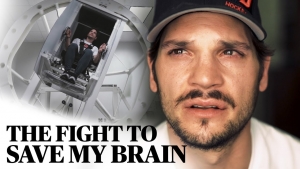
Four years after retiring from the National Hockey League (NHL) in 2015, two-time Stanley Cup winner Daniel Carcillo was on the brink. Once an enforcer who traded punches in about 100 NHL fights, he says at times he’s found himself trapped in a downward spiral of depression and anxiety — mental health disorders that have been linked to the repetitive head trauma he suffered as a player. At the age of 33 the man known as Car Bomb during his playing days—thanks to his explosive physicality on the ice—was suffering symptoms more commonly attributed to elderly sufferers of dementia.
Doctors advised his brain degeneration would only get worse, while one of America’s top chiropractic neurologists said his brain trauma was in the top 10% of worst cases he’d ever seen. And though he has fought hard to get better — researching no end of treatments and spending more than $200,000 over a four-year period at various medical clinics in search of relief from a laundry list of symptoms that also included a failing memory, insomnia and impulse-control issues — a raft of prescribed remedies have proven, at best, temporary. Nothing worked for long.
“I spent three weeks making plans to take my own life,” he says of this time. “I felt I had become a burden . . . and I thought my family would be better off without me.”
A couple of years ago he got a call from a former teammate who suggested an unconventional option. At the former teammate’s urging, Carcillo got on a plane to a location he won’t disclose to undergo a treatment that he says saved his life.
Carcillo was administered what’s known as a “hero dose” of psilocybin, an ancient psychedelic plant medicine commonly known as magic mushrooms. And though he described the experience as challenging — a hallucinogenic exploration of the darkest corners of his psyche — he says the after-effects have been remarkable.
The suicidal thoughts have left his head. The symptoms that made post-NHL life difficult have largely subsided. In short, he says he’s never been better.
“I’m doing phenomenally well,” Carcillo said. “I’m living my best life right now.”
For Carcillo, the future is certainly brighter than it was 13 months ago.
“There’s months that I take off of this medicine. I don’t need it at all. I feel great. That’s the thing that’s so special about this,” Carcillo said. “It’s not like big pharma saying, ‘Hey, I’m making a pill for you to be on for the rest of your life.’ No. We’re going to create a regimen you can be on for the next two years and be off for the rest of your life. That’s what you’re trying to do. It’s changed my life. And it can change a lot more.”
Sanjay Singhal – tech industry entrepreneur
Canadian tech entrepreneur and venture capitalist Sanjay Singhal was in his early 30s when he was first diagnosed with bipolar disorder. It had been a lifelong struggle — one moment feeling great, then suddenly mentally paralyzed and unable to get out of bed for three straight days.
“When I went manic, I would make bad decisions … spend money unreasonably,” he said. “Up until age 38, my life was a roller coaster.”
Today, Singhal is 56 and on a mission to transform mental health care. He is the philanthropist behind Canada’s first psychedelic psychotherapy research centre for mental health at Toronto’s University Health Network (UHN). Starting with a $5 million donation made through the Nikean Foundation that he founded, Singhal hopes researchers at the centre can unlock the potential of psychedelic medicine and find answers on how psilocybin and a so-called “God molecule” can help transform mental health care.
The potential of psychedelic therapy goes as far back as the 1950s when several pioneering psychiatrists experimented with LSD as a possible treatment for mental health disorders. Some of the earliest groundbreaking experiments and research happened in Saskatchewan. But studies into these drugs ended by the 1960s amid social and political backlash.
For scientists, the new research centre represents potential for transformational change in mental health therapies and offers new hope for many patients.
“There truly is a signal that there is something to this. And, really, every major academic center in mental health in the world is trying to begin to conduct research in psychedelic, particularly psychedelic assisted psychotherapy.”
There are many disorders, including post-traumatic stress disorder and end-of-life distress, that are treatment resistant, says Abbey.
Dr. Emma Hapke, a staff psychiatrist with UHN and lecturer at the University of Toronto agrees.
“We haven’t had a lot of new treatments in psychiatry in a long time. There seem to be more people suffering…struggling and there is an appetite for something new that might work,” Hapke told CTV National News in a phone interview.
Traditional medications prescribed for mental health care typically suppress symptoms, Hapke said. While much more research is needed, there are suggestions that psychedelics work differently and do not require ongoing use.
Laurie Brooks – mother 53, diagnosed with colon cancer
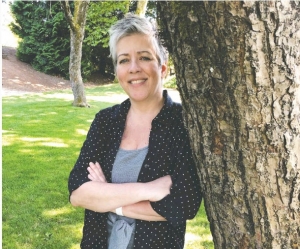

Trend Letter – Equities, Currencies, Bonds, Commodities, Precious Metals
Trend Disruptors – Artificial Intelligence, Augmented Reality, 5G , Cloud, Tokenization
Trend Technical Trader – Hedging service + Gold, Metals, Energy, NFTs, Psychedelic Therapy
Special Offers
| Service | Regular Price | Special Price | Saving | Subscribe |
|---|---|---|---|---|
| Trend Letter | $599.95 | 299.95 | $300 | Trend Letter $299.95 |
| Technical Trader | $649.95 | $324.95 | $325 | Trend Technical Trader $324.95 |
| Trend Disruptors | $599.95 | $299.95 | $300 | Trend Disruptors $299.95 |
| Better Deals | ||||
| Trend Letter + Technical Trader | $1,249.90 | $524.95 | $724.95 | Trend Letter + Technical Trader $524.95 |
| Trend Letter + Trend Disruptors | $1,199.90 | $503.95 | $695.95 | Trend Letter + Technical Trader $503.95 |
| Technical Trader + Trend Disruptors | $1,249.90 | $524.955 | $724.95 | Trend Disruptors + Technical Trader $524.95 |
| Best Deal | ||||
| Trend Suite: Trend Letter + Technical Trader + Trend Disruptors | $1,849.85 | $610.45 | $1,239.40 | Trend Suite TL =TTT + TD $610.45 |

